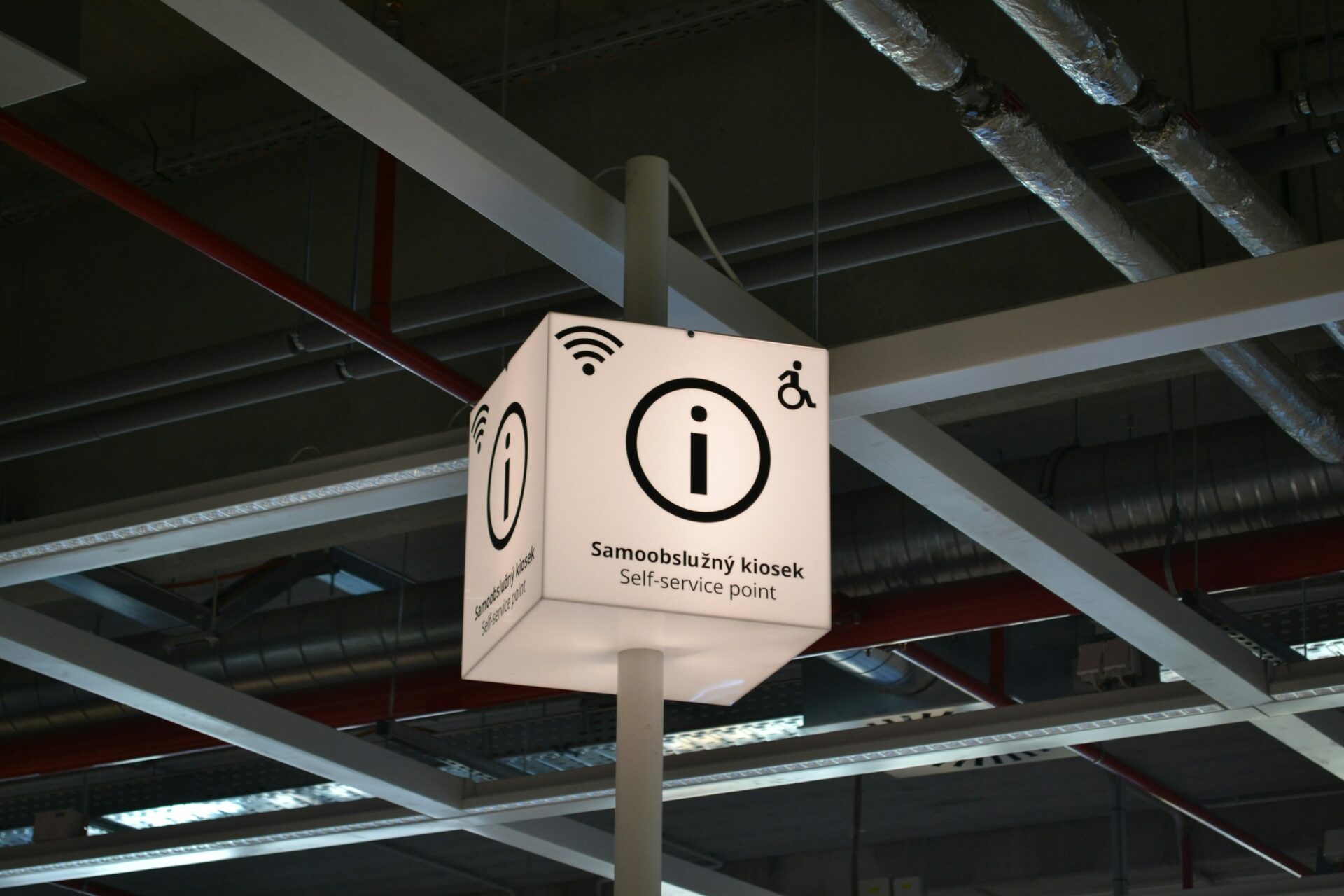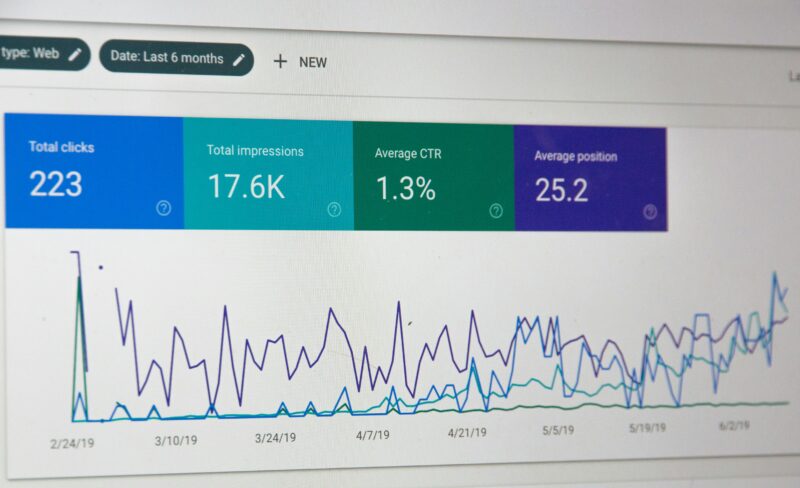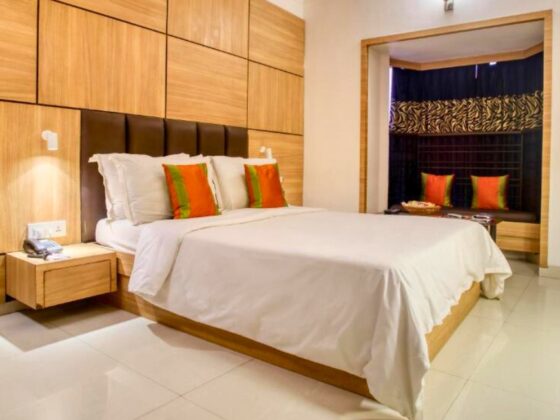Thoughts on how we could evolve self-service. The best GPT guide for hotels. How AI search could work. And more
Hello,
Just back from a very long but short trip, I think I spent as many hours in planes an airports as I did on destination, mostly living in a jetlag haze for several days. So forgive me if there are typos.
PS: In case you didn’t download the hotel brands chart, check it out.
Best, Martin
Sponsored by Klairhaus. Support the newsletter, treat someone to great office gadgets.
Practical GPT-5 Guidebook for Hotels
The are so many things AI could do for marketers, coders etc. But in the hotel industry the list is much more narrow. Nicolas Vorsteher from Chatlyn put together a really good handbook of things that can be done with GPT5 for a hotel. Definitely should be used by every hotel. Check it out here.
GET STARTED WITH AI FOR HOTELS
True Cost of Hotel Distribution
The complexities of hotel distribution costs are not always well defined and direct bookings are not always the most profitable due to hidden expenses. HSMAI has an article that covers some of the key things to factor in. Such as agency retainer or the costs of the marketing team. Where should one draw the line?
HOTEL DISTRIBUTION COSTS DIRECT BOOKING TIP
About me: I'm a fractional CMO for large travel technology companies helping turn them into industry leaders. I'm also the co-founder of 10minutes.news a hotel news media that is unsensational, factual and keeps hoteliers updated on the industry. Payments in hotels and loyalty
Payments in the hotel industry are one of these things that were once super cleverly worked out but never evolved. The non-binding credit card that is given at the booking phase was a great system in 2003 when the website was a new idea. But we’re over two decades later and it might be time to review these.
HOTEL PAYMENT SYSTEMS
Like this? Share it!
Luxury hotels, future
There’s been a lot of talk about how luxury isn’t doing too good lately (mostly in retail). My personal hunch is that this is more about economic uncertainties than any other factor. Some believe it is that the newer generation rather want other brands and quiet luxury etc. But I think the answer is much easier than that – it isn’t 100% clear how stable the economy is so it is a good time to hold on to cash. But in the hotel industry it seems theres a new trend of creating small luxury hotels under 100 keys, which is really interesting.
LUXURY HOSPITALITY DEVELOPMENT
Strategic Budget Presentations
Budget season is upon us. We don’t love it, but we need to do it. Some interesting tips on how to transform budget presentations into strategic narratives, focusing on the thinking behind figures to communicate effectively. Done well the budget can become the plan for the year and that’s a lot more fun then just sending an excel.
BUDGET PRESENTATIONS
Google Ruling and what it means
The Google anti-trust ruling basically means no real change. I also think it means they are going to push much harder on AI now without the Damocles sword of anti-trust hanging over their heads. For hotels I don’t think a break-up would have been a good thing on the short term. On the long term this will mean increasing prices (IMO), they are already the dominant force in all things hotel marketing. It is easier to deal with one channel so we should use it. But keep adding working on others.
GOOGLE ANTITRUST RULING
AI Search Optimization etc
So much is being said (including from me) but so little really is based in real data. So here are some resources from people who actually know what they’re doing in the domain. But as a friend told me, there’s no point chasing AI optimization if you haven’t event finished doing search optimization.
DANNY SULLIVAN, NEIL PATEL
Podcast: I was invited to talk about AI in hospitality on this podcast, along with many other great industry thought leaders. A great discussion, we didn't agree on everything. Which made it more interesting. Opinion
Self-Service: Convenience or Just Passing the Stress?
We’re setting up self-service everywhere. Travel, retail, hospitality, the “check yourself in, manage it yourself” model is spreading. On paper, it’s efficient. In practice, it’s… mixed.
Take McDonald’s in Europe. The kiosks have actually improved the experience: you avoid the long queue, place your order at your own pace, then sit down and wait for table service. It’s faster, smoother, and surprisingly more human than standing in line.
Now contrast that with airlines. I recently flew internationally, and the self-check-in process turned what used to be a straightforward counter interaction into a minefield of stress. Suddenly, I’m responsible for entering my passport details, dates, numbers, countries of issue, places of birth and for the kids as well. Each field a potential mistake that could derail the whole trip. Add the joy of sticking luggage tags (do they stay on? will my bag get lost?) and the tension climbs quickly.
What happens when you get it wrong? (because there was not “back” button) Ideally, you ask an attendant for help. In reality, I was told: “Go to the main counter at the other end of the airport.” Translation: a massive queue and even more stress. The system may reduce staffing needs, but it transfers the burden of complexity onto the traveler, who is not a trained airline agent.
There’s a principle hiding here: if self-service requires more than a handful of high-stakes decisions, it may not actually be service at all. It’s outsourcing work to the customer without giving them the expertise to succeed. That’s not efficiency, that’s liability disguised as innovation.
Of course, there are upsides. Lines do move faster, one attendant can oversee a dozen kiosks, and yes, some travelers prefer the autonomy. But let’s not confuse fewer queues with better service. Airports are stressful enough without adding the existential dread of a typo that could not be corrected.
Maybe the solution is tiered. If you’re confident and want to save time, go ahead and use the kiosk. If you’d rather have peace of mind, pay a little extra for the assurance of professional handling.
Because the real question is not how much labor can we cut, but how much better can we make it for the customer? In the hospitality and travel industries, that’s the difference between service and self-service. I don’t have the answer. But the first principle here needs to be how to make it better for the customer – in the end that has proven to generate more profit. Whereas cost-cutting rarely does on the long run. Food for thought.
• Where Are the Rich Moving and Why? – Link
• Study on LLM traffic and how it converts – Link
• The Complete Hotel Brands of the World Chart – Link⁺
• Influence Society Design & Tech Benchmark Q3 2025 – Link⁺
⁺ Note, articles that are published by companies or people I work with are tagged with the ⁺ symbol or Partner word. I’m adding this as a transparency. Previously I avoiding sharing content from partners to remain objective, but sometimes they have excellent articles that deserves being shared so to remain transparent, I’ll tag them.
Start writing today. Use the button below to create your Substack and connect your publication with Tell • Martin Soler’s Newsletter









